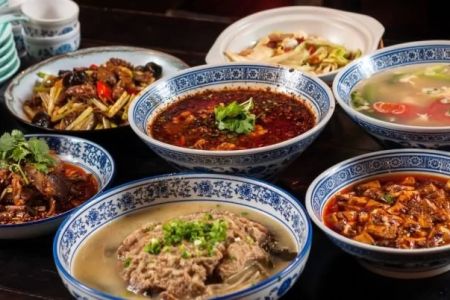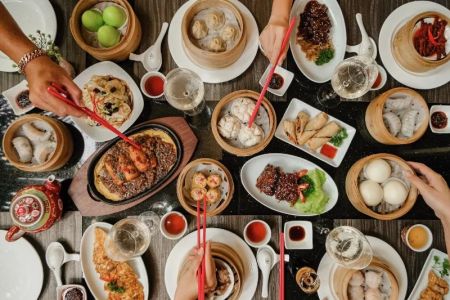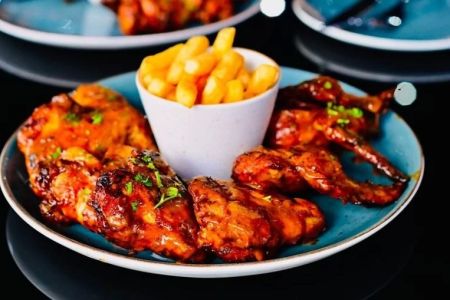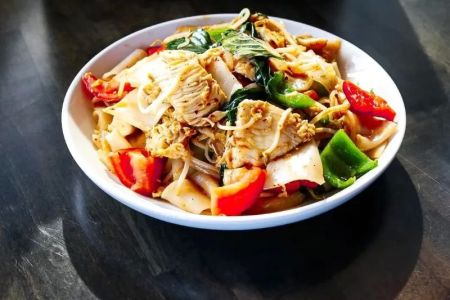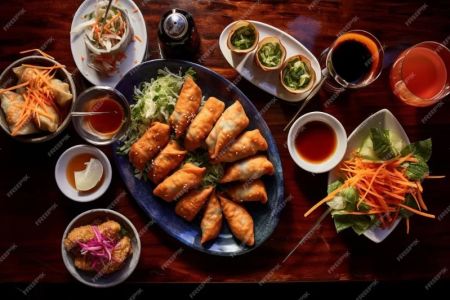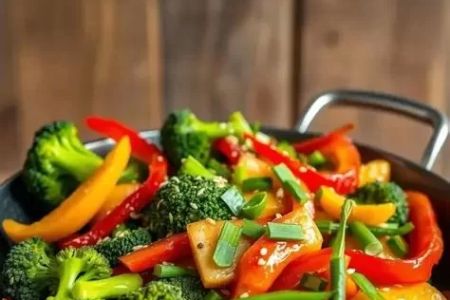- 1-Essential-Traditional-Chinese-Cooking-Tips
- 2-Understanding-the-Balance-of-Flavors-in-Chinese-Cuisine
- 3-Key-Techniques-for-Perfect-Traditional-Chinese-Dishes
- 4-Importance-of-Fresh-Ingredients-and-Preparation
- 5-Using-Wok-and-Temperature-Control-Effectively
- 6-Stories-and-Insights-from-Expert-Chefs
1. Essential Traditional Chinese Cooking Tips
Traditional Chinese cooking is a rich art that spans thousands of years and involves intricate techniques and a deep understanding of ingredients. If you’re eager to master authentic flavors and textures, there are several traditional Chinese cooking tips that form the foundation of this cuisine. From the precise use of seasonings to the timing of cooking methods, these tips help home cooks and professionals alike create dishes that are balanced, vibrant, and satisfying.
One of the fundamental tips is appreciating how regional variations influence cooking styles. Whether it’s the bold, spicy flavors of Sichuan cuisine or the subtle, fresh tastes of Cantonese cooking, knowing the distinctive traits can guide ingredient choices and preparation methods. Understanding these nuances enhances your ability to reproduce traditional recipes accurately.
2. Understanding the Balance of Flavors in Chinese Cuisine
Chinese cooking revolves around achieving harmony among five key flavors: sweet, sour, salty, bitter, and umami. Mastering this balance is crucial. For instance, a classic sweet and sour pork dish depends on the interplay between vinegar’s acidity and sugar’s sweetness to excite the palate. Traditional Chinese cooking tips emphasize tasting throughout the cooking process to ensure no one flavor dominates.
Seasonings like soy sauce, rice wine, ginger, garlic, and fermented bean pastes add layers of complexity. Knowing when and how to add these seasonings—such as marinating meat briefly or adding soy sauce at the right moment during stir-frying—makes a significant difference in flavor depth and authenticity.
3. Key Techniques for Perfect Traditional Chinese Dishes
Several cooking techniques define traditional Chinese cuisine, and mastering them is essential. Stir-frying with high heat and constant movement allows vegetables and proteins to cook quickly while preserving texture and nutrition. Another important technique is steaming, prized for its ability to enhance natural flavors without added fat.
Other tips include the use of “velveting,” where meat is marinated and coated in egg white or cornstarch before cooking to achieve tenderness. Slow braising, quick blanching, and precise knife skills also play vital roles. Incorporating these techniques ensures your dishes reflect the genuine taste and texture expected in Chinese cooking.
4. Importance of Fresh Ingredients and Preparation
One cannot overstate the importance of fresh ingredients in traditional Chinese cooking. Using seasonal vegetables, fresh seafood, and quality meats significantly affects the final dish’s flavor and texture. Traditional Chinese cooking tips often stress the need to prepare ingredients meticulously—slicing uniformly to ensure even cooking and using fresh herbs like scallions and cilantro to brighten dishes.
Moreover, proper preparation—such as soaking dried mushrooms or rinsing rice thoroughly—is key to authentic results. Freshness is celebrated in Chinese culture, making it a priority that resonates throughout every cooking step.
5. Using Wok and Temperature Control Effectively
The wok is synonymous with traditional Chinese cooking, and learning to wield it correctly is a crucial tip. Effective temperature control allows cooks to sear ingredients quickly, lock in flavors, and avoid sogginess. A properly heated wok combined with the right oil can create the coveted “wok hei,” a smoky, charred aroma that elevates stir-fried dishes.
Managing heat means understanding when to adjust flame intensity during different stages of cooking. For example, vegetables are added after proteins to preserve crispness, and sauces are introduced at the end for glazing. Mastery of the wok technique separates casual cooking from authentic Chinese culinary artistry.
6. Stories and Insights from Expert Chefs
Many chefs who specialize in traditional Chinese cuisine emphasize patience and respect for the craft. Chef Li, a renowned Cantonese cook, recalls his early days learning to balance flavors by tasting broth hundreds of times to get the perfect depth. He shares that traditional Chinese cooking tips aren’t just about technique but about cultivating a connection to ingredients and heritage.
Another story from Chef Mei highlights how family recipes passed down through generations inspire creativity while maintaining authenticity. Her advice for beginners is to start simple—master one dish well before exploring complex recipes, always paying attention to texture and seasoning.
For those eager to dive deeper into traditional Chinese cooking and source authentic ingredients or cookware, the site Chinese Food offers carefully selected products and expert advice to enhance your culinary journey.


